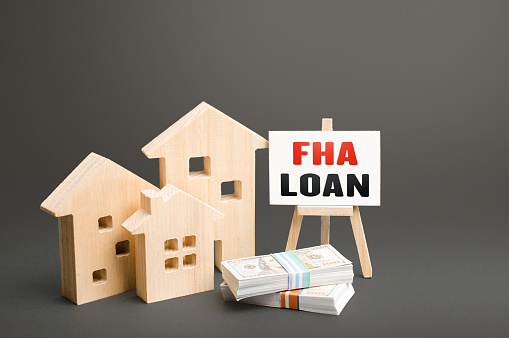FHA Interest Rates: Compare Current FHA Mortgage Rates
Interest rates were slowing in early February and began to stabilize in April, with FHA mortgage interest rates stayed at between 6.21% and 6.45% until the end of this month. LoanTrust May rate forecast doesn’t anticipate much drastic change, but small volatility can certainly be expected. At the beginning, the May FHA rate is 6.55%. Today’s FHA refi rates can have a significant impact on the affordability and savings of refinancing an FHA loan.
Today’s FHA interest rates are a critical consideration for prospective homebuyers and homeowners looking to refinance their mortgages. FHA rates today can vary, so it’s essential to compare FHA mortgage rates from various lenders to find the best deal for your financial situation. These rates are a significant factor in determining the affordability of an FHA loan, as they directly impact monthly mortgage payments. Keeping an eye on FHA loan interest rates today allows borrowers to make informed decisions about their home financing, ensuring they secure a competitive rate and manage their housing expenses effectively.

What is an FHA loan?
FHA loans are secured by the Federal Housing Administration (FHA), the federal housing administrations. The government is guaranteed to pay a portion of what is loaned. Your lender gets a small percentage back after defaulting. The aforementioned policy, known as a ‘Guaranteed FHA Guarantee’, allows lending companies to approve FHA loans for individuals who have very poor credit and a relatively low down payment. This is why there is a high rate of interest on these home loans. Learn how you can stay up to date on FHA APR Rates Today on get access to FHA Rates right now.
Do FHA loans have lower interest rates?
FHA loans are mortgages that are Federal Government insured in the United States. FHA loan offers relaxed loan standards to assist those that cannot get a traditional mortgage but have no lower loan interest rates. Credit scores have a higher effect on loan rates, as opposed to loan types. Depending upon how high you are in your credit scores, your FHA loans may be lower compared to people with poor credit scores.
Today’s national FHA mortgage interest rate trends
The FHA loan interest rates for today are 63% higher than the rate of 6.28% in the past week. In contrast to the previous week’s 6.3% interest rate, refinance rates were 6.41%. Bankrate offers a variety of low-cost loans to borrowers who want less for their home. Compare interest rates here. Click “Next” to begin searching for personal quotes. Our latest survey was completed by the largest mortgage loan companies in America.
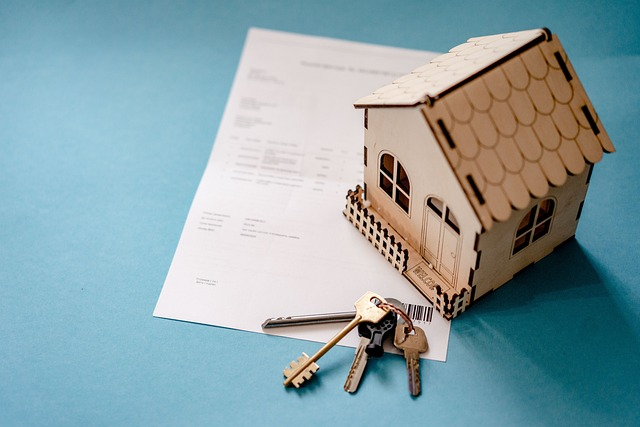
Do FHA interest rates vary by lender?
Yes, FHA loan rates vary from lender, so you may need to do some comparison shopping. After you find a reputable creditor and the lender they recommend, compare them all. Upon approval, the lenders will give you a loan estimate. It’s possible to compare FHA loan rates with other loan companies. Using comparisons between multiple lending companies can help you find the correct loan that suits your situation at the most favorable rates.
Are FHA loans fixed-rate?
Though most FHA loans are 30-year fixed rates, other options include short-term fixed rates and flexible mortgages such as Fixed Rate Mortgages (ARM). Increasingly fixed rates have made fixed mortgage loans a popular option as buyers are seeking low mortgage rates. If you aren’t staying at home long enough an ARM could be a great option.
Are FHA loans fixed-rate?
Though most FHA loans are 30-year fixed rates, other options include short-term fixed rates and flexible mortgages such as Fixed Rate Mortgages (ARM). Increasingly fixed rates have made fixed mortgage loans a popular option as buyers are seeking low mortgage rates. If you aren’t staying at home long enough an ARM could be a great option.
Comparing FHA Loan Rates with Conventional Loan Rates
How does FHA rate differ from conventional mortgages? Typically, FHA mortgages offer low interest rates and relaxed lending conditions based on low income and moderate-income borrowers. Therefore the lender has to obtain a special certification and participate in many bureaucratic processes. Even in this situation, FHA loan loans have a higher cost than other loans. In fact FHA had its own loan rate until the mid-1970s. In 1983, the Federal Housing & Urban Recovery Act reorganized FHA loans in an economy that shifted to a market. The FHA loan rate varies according to the FHA loan backed lender.

FHA mortgage requirements
However, the lending institutions will never approve anyone. For FHA loans there are some conditions to be met. This includes: If you have a low credit score (500-520), it is likely that you are able to get FHA financing if you pay 5% down. You will struggle to find the lender accepting these scores. In some states FHA loan limits are higher and are only applicable when the property is occupied by one-family homes. Those who exceed their loans amount will be required to apply for a conventional or jumbo mortgage.
Credit Score & Down Payment
Borrowers who have bad credit ratings can get a FHA loan. Depending on credit history, the homeowner can pay 3.55% on the purchase price if he has a minimum 580 credit card. If your credit rating is less than 608, you may still qualify as an FFA loan holder. But in order to meet that condition you have to pay a 5% deposit. You can get 80% financing through FHA loans. FHA program – attractive rates for people who do not have a good credit score. A FHA loan may provide a lower interest rate than a conventional loan to people without bad credit.
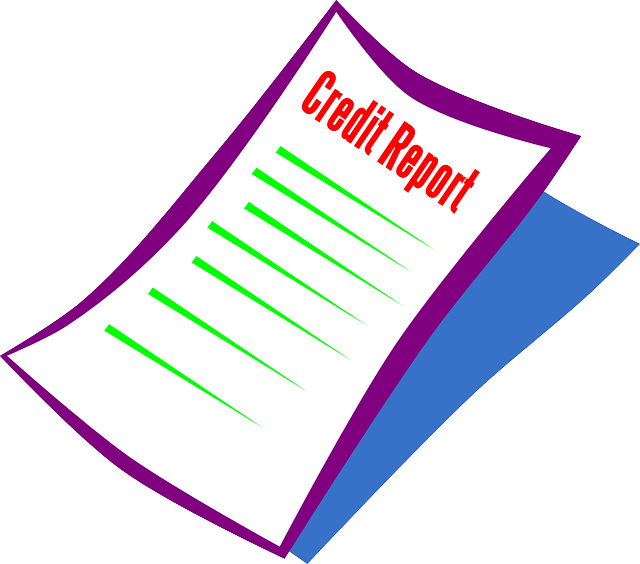
What Type of Borrowers Take FHA Mortgages?
First-time home buyers: FHA mortgages can be an ideal solution to make a quick down payment. The reduced credit requirements make getting loans much easier. Borrowers with low income can avail of these options. Ideally, your credit score should reach 570 for 3.55% of your total debt. Those with a poor credit score are still entitled to FHA loans. Borrowers with credit scores from 500 – 579 are allowed to choose the option with 10% down payment.
Drawbacks to Consider
Even if the mortgages offer many advantages to homebuyers, it does have some disadvantages. It is possible to get borrowers with lower down payment and lower credit score. Take note that an FHA loan is a risky investment. Higher rates of default on home loans could have a number of causes. This could be related to the types of borrowers offered through this program. FHA loans offer a lower interest rate for consumers if they are less tolerant of credit problems.
FHA Mortgage Rates Remain Near Historic Lows
Following the global economic recession, COVID-19 mortgage rates were at record lows for the third straight month. In recent times, when a recession has occurred, the share of conventional loans is increased while government programs gain market share. Almost four out of 10 people bought homes in November 2009 through mortgages insured through the FHA and the government. In October 2020, mortgage banks reported that the 30-year fixed rate mortgage had average rates of 2.57%.
More Forgiving with Credit Histories
If you are enrolled into FHA loans, you will still qualify if you were bankrupt. The loan provides lenders an extra layer of protection if the lender is unable to pay for their loan. It is harder obtaining a conventional loan when the debtor has no foreclosure history. It takes more than that. Unlike traditional mortgage programs, the FHA loans are less expensive, so they can be used for the next time. Typically, after your foreclosure is completed, your mortgage is approved for 3 years. And when foreclosed houses are insured with an FHA loan, they will require one year of eviction.
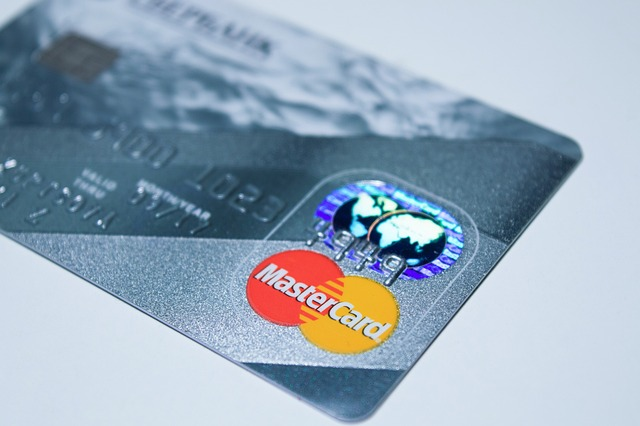
FHA mortgage rates vs. conventional loan rates
Typically, the rate for FHA loans is less compared to the traditional rate of interest. However, there is no standard rate comparison with conventional mortgages, because there is a difference in mortgage policy. For every borrower, a mortgage insurance premium of 1.75% will be charged and 0.855% will be paid per month. Private mortgage insurance and interest rates themselves charge on the sliding scale, the lower your down payment, the better your score.
FHA mortgage insurance
FHA loans require mortgage insurance premiums (MIP) from homebuyers putting down under 20 %. Mortgage insurance charges will increase your mortgage payments. The upfront mortgage coverage premium (1 / 75 / 75 percent of the base loan value) is one of two types. If the downpayment is under 10 % of your total monthly income the premium is not refundable.
Requirements for the FHA Loan Program
Because the FHA loan rate is a market rate, you should look for various quotes from borrowers. A loan is offered for an individual loan and all lenders can add fees to their loans. Although most loans are about 1%, some banks require a higher interest rate. Try negotiating origination fees, lowering your loan costs. Before applying for loans, check your credit score first. Borrower accounts are free of charge. all year. For more information please visit annualcredit-rate-release.org. Check the credit score to see if the correct address is incorrect or if there’s an inaccurate payment information.
FHA Refinancing Program
FHA refinancing offers the ability to tap into homes equity to repay debt. You must also possess 20% equity in this home. Creditworthiness requirements are 580 and most lenders who sponsor the FHA loan prefer 620 credit scores for cashout refinancing. The LTV limit for refinance loans is now 80% and it is 85% before this date. The streamline refinances offered by the FHA can help with re-insuring existing loans. Your mortgage is currently due, ensuring that you’ve made all six months of payments for your loan. Your FHA loan has to have a maximum of 200 days active when it is ready for refinancing.
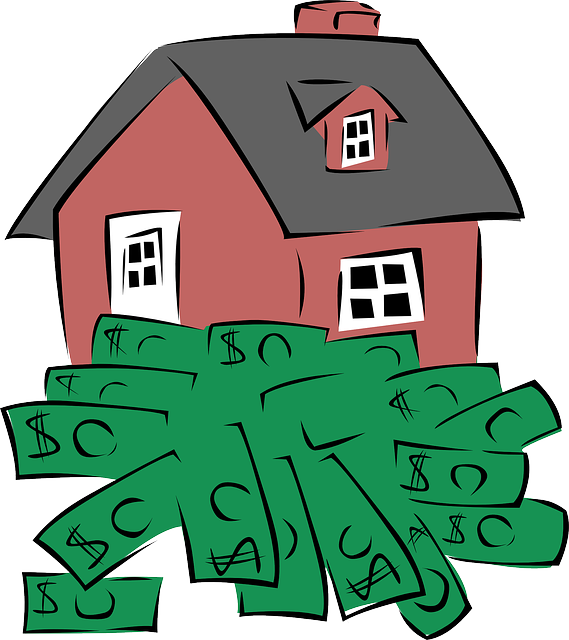
203(k) Rehab Mortgage
Whether you are buying an apartment or have one that needs repair or replacement you may qualify for FHA – 203k rehab mortgage protection. The repair cost must exceed $500 for borrowers who want a loan and includes total reconstruction or structural modifications. In addition you require detailed information on the types of projects and estimates for costs. Rehab loans can also be useful as home improvements for existing homes.
Home Equity Conversion Mortgage (HECM)
If your age has slipped below 60, you may be eligible for an HECM. These types of loans provide monthly payments as well as the ability to use the credit line as the revolving. Reverse equivalencies give you the ability to use your property equity for retirement savings. It will only be payable if you sold the property and your heir paid off the loans through the sale of the land. The amount of the home equity loan depends in two ways. Those with higher equity can take advantage of the higher reverse mortgage loan amount.
Title: Understanding FHA Loan Interest Rates: An In-Depth Analysis
FHA loans, backed by the Federal Housing Administration, have gained popularity among homebuyers due to their lenient qualification criteria and competitive interest rates. In this essay, we will delve into the intricacies of FHA loan interest rates, exploring their fluctuations over the years and their impact on borrowers. We will also discuss important concepts such as upfront mortgage insurance premiums, monthly mortgage payments, and closing costs. By the end of this comprehensive analysis, you will have a thorough understanding of FHA loan interest rates and their significance within the mortgage market.
I. The Basics of FHA Loans
The Federal Housing Administration (FHA) The Federal Housing Administration, established in 1934, aims to expand homeownership opportunities by providing mortgage insurance on loans made by FHA-approved lenders. These loans are an attractive option for borrowers who may have difficulty obtaining conventional loans.
FHA Loan Features FHA loans offer several advantages, including lower down payment requirements, more flexible credit criteria, and competitive interest rates. Understanding the factors that influence FHA interest rates is crucial for borrowers looking to secure an affordable mortgage.
II. Factors Affecting FHA Loan Interest Rates
Market Conditions FHA interest rates, like any other mortgage rates, are influenced by market conditions, including the state of the economy, inflation rates, and the Federal Reserve’s monetary policy. Fluctuations in these factors can cause FHA rates to rise or fall.
FHA Rates Today To stay informed about the current FHA interest rate, borrowers can consult reputable sources such as mortgage lenders, financial websites, or the official FHA website. These sources provide up-to-date information on FHA rates today.
Historical Trends Analyzing historical trends can provide insights into FHA interest rates. Reviewing FHA interest rates from 2021, 2022, and 2023 allows borrowers to assess the direction in which rates are moving and make informed decisions about their mortgage applications.
III. Understanding FHA Mortgage Rates
FHA Refinance Rates FHA refinance rates are the interest rates applicable to borrowers who already have an FHA loan and wish to refinance. These rates may differ from the rates for new FHA loans and are influenced by factors such as creditworthiness, loan-to-value ratio, and loan purpose.
Upfront Mortgage Insurance Premium (UFMIP) FHA loans require borrowers to pay an upfront mortgage insurance premium, which is a one-time fee charged at closing. The UFMIP protects lenders in case borrowers default on their loans. The amount of UFMIP varies based on the loan amount and loan term.
Annual Mortgage Insurance Premium (MIP) In addition to the UFMIP, FHA borrowers are required to pay an annual mortgage insurance premium (MIP). The MIP is divided into monthly payments and added to the borrower’s monthly mortgage payment. The amount of MIP depends on factors such as the loan-to-value ratio and loan term.
IV. The Impact on Borrowers
Affordability and Monthly Payments FHA interest rates directly affect the affordability of a mortgage for borrowers. Usually lower mortgage interest rates can result in lower monthly mortgage payments, which makes homeownership more accessible and affordable.
Credit Score Requirements FHA loans generally have more lenient credit score requirements compared to conventional loans. However, borrowers with higher credit scores typically receive more favorable interest rates, potentially leading to lower monthly payments.
Loan Amount and Loan Term The loan amount and term also impact FHA interest rates. Generally, larger loan amounts and longer loan terms may result in slightly higher interest rates. It is essential for borrowers to consider these factors when planning their mortgage.
V. Comparing FHA Loans and Conventional Loans
Conventional Loans Conventional loans, unlike FHA loans, are not insured by the Federal Housing Administration. Interest rates for conventional loans may vary depending on factors such as credit score, loan-to-value ratio, and the current market conditions.
Private Mortgage Insurance (PMI) While FHA loans require mortgage insurance, conventional loans often require private mortgage insurance (PMI) for borrowers who make a down payment of less than 20% of the home’s value. The cost of PMI varies based on factors such as credit score and loan-to-value ratio.

VI. Applying for an FHA Loan
Minimum Credit Score Requirements To qualify for an FHA loan, borrowers must meet certain minimum credit score requirements. While FHA loans are more forgiving of lower credit scores compared to conventional loans, a higher credit score can lead to better interest rates and loan terms.
Interest Rate Lock Once borrowers find an acceptable FHA interest rate, they can opt to lock it in. Interest rate locks are agreements between borrowers and lenders that guarantee a specific interest rate for a specified period, protecting borrowers from potential rate increases.
VII. Closing Costs and Additional Considerations
Closing Costs Closing costs, which include fees such as appraisal costs, title fees, and loan origination fees, must be considered when applying for an FHA loan. These costs are separate from the down payment and affect the overall affordability of the loan.
Mortgage Lenders and Shopping Around Borrowers should explore multiple mortgage lenders to find the best FHA loan interest rates and terms. Shopping around can help borrowers secure the most favorable loan terms and potentially lower their monthly payments.
VIII. The Future of FHA Interest Rates
Market Predictions While it is challenging to accurately predict future interest rates, market trends and expert opinions can provide valuable insights. Staying informed about economic indicators and potential policy changes can help borrowers anticipate future changes in FHA interest rates.
Conclusion
FHA loan interest rates play a significant role in determining the affordability and accessibility of homeownership for borrowers. By considering market conditions, historical trends, and the impact on borrowers, individuals can make informed decisions when applying for FHA loans. Understanding concepts such as upfront mortgage insurance premiums, monthly mortgage payments, and closing costs is crucial for navigating the FHA mortgage program successfully. By staying informed and working closely with mortgage lenders, borrowers can secure competitive FHA interest rates that suit their financial goals and pave the way to homeownership.
Other Loan Programs
- Conventional
- FHA
- VA
- USDA
- AirBNB
- Condotel
- Non-QM
- DSCR
- No Doc Loans
- Mortgage Rates
- 5/1 Arms

